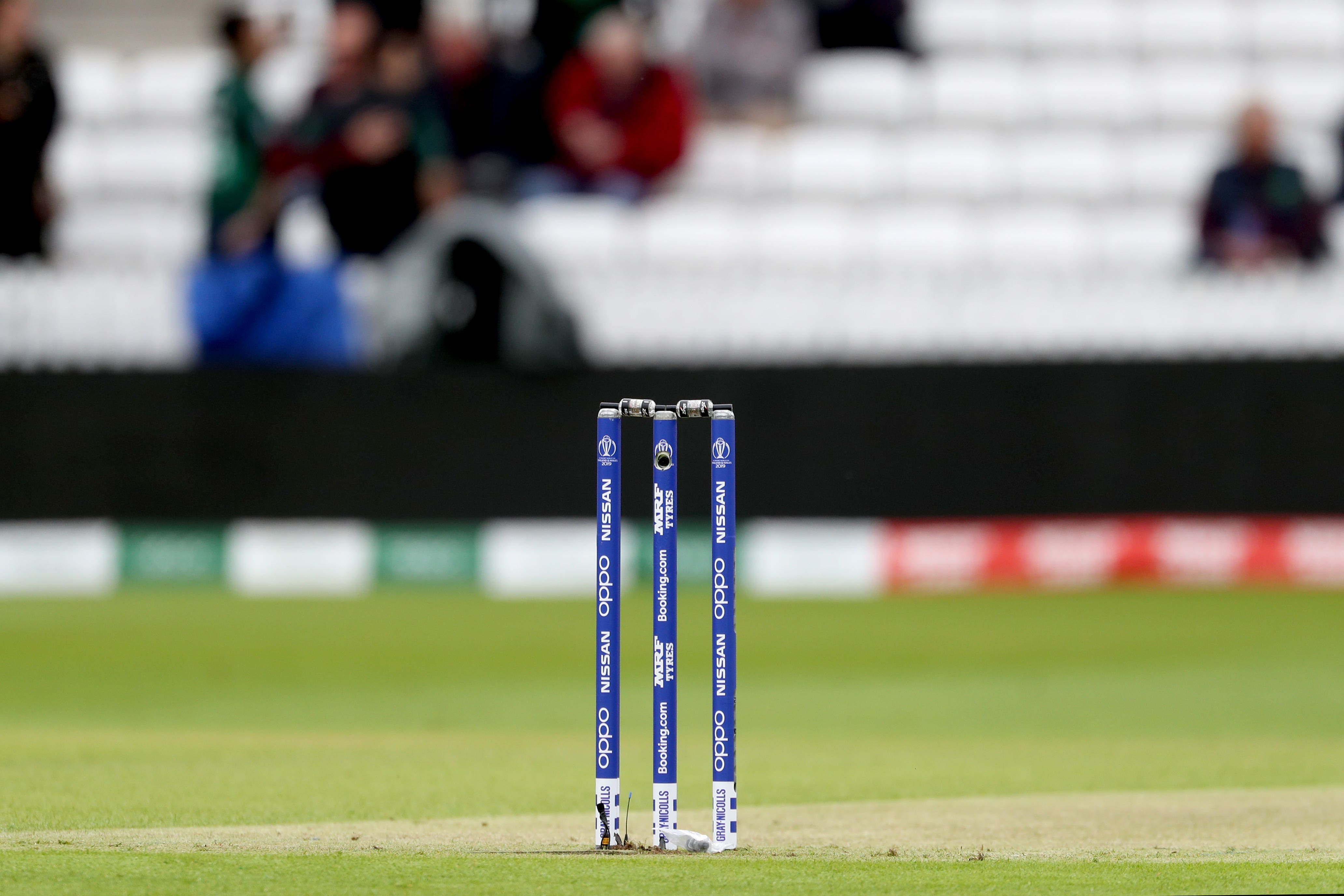‘Baked in’ racism and bigotry is not just cricket – it’s endemic
Editorial: The problems that plague the national game clearly cut to the core of British society and make a mockery of efforts to brush institutional racism under the carpet

It is difficult to think of a great British institution that hasn’t had its reputation trashed for any combination of racism, sexism, classism, homophobia, transphobia, abuse and corruption in recent times. From the banks to the Metropolitan Police to the tabloid press, the BBC to the SNP, the churches, water companies and right up to Buckingham Palace and to No 10 Downing Street, organisations that are part of the warp and weft of society, and which should command respect and trust, have been found badly wanting – and too often “institutionally” flawed.
Only this week we were reminded of how a now-deceased key suspect in the Stephen Lawrence case was allowed to escape justice, as well as at the time of the botched investigation in the 1990s. It was an uncomfortable reminder of just how deep-seated prejudices can be, and how powerful complacency and the instinct of organisations to close ranks and execute a cover-up can be.
Racism, sexism and all the other social evils seem depressingly resistant to apparently more encouraging trends in social attitudes and cohesion. It is as if some malaise had torn through the nation, and we are left wondering if it is incurable. Now, it is the turn of cricket to face its shame and the challenge of recovering its integrity.
To its credit, when a succession of disgusting racist scandals came to light in Yorkshire and elsewhere, the England and Wales Cricket Board (ECB) did eventually establish an independent body to inquire into the state of the game. Now the Independent Commission for Equity in Cricket (ICEC), under its chair Cindy Butts, has completed its work, and the report they have produced is damning. They were extremely thorough, as befits a sport not only born in Britain but which still helps define the nation and bind Commonwealth countries together in a common passion.
As we see from the current series of Test matches for the men’s and women’s Ashes, it is as capable as ever of creating fine entertainment. It deserves better than to be described, as the ICEC put it, as a sport where: “Discrimination is both overt and baked into the structures and processes within cricket. The stark reality is cricket is not a game for everyone... Racism, class-based discrimination, elitism and sexism are widespread and deep-rooted. The game must face up to the fact that it’s not banter or just a few bad apples.” Even if the ICEC chose not to use terms such as “institutional racism”, the impression is unmistakable. The problems are at all levels of the game. It urgently needs reform, and the ECB would be well-advised to get on with the job now.
The commission gathered evidence from more than 4,200 individuals and organisations connected with cricket, and they are as dispiriting as they are well-evidenced. The anecdotal evidence was plentiful of the casual use of the “p” and “n” words; the crude abuse of players of Muslim faith with bacon sandwiches and “terrorist” taunts. Telling Black players to “go home”. When Azeem Rafiq, a Yorkshire spin bowler, called it out in 2020 he was at first ignored, then vilified and, finally, vindicated on a national scale. There was no exaggeration. He was not, as it turns out, alone. The ICEC discovered that 87 per cent of people of Pakistani and Bangladeshi heritage who responded to its survey, and 75 per cent of Black respondents, said they had experienced discrimination.
The same goes for female players being told that they don’t belong in the game, with a “drinking and puerile lads’ culture” across the sport placing women at risk of unwanted attention. Why should working-class state schoolchildren be mocked for their accents as “chavs” and “peasants”? The cosy assumption shared by some that modern Britain is free of such behaviour is painfully misplaced and, indeed, part of the problem. As so often, admitting that there’s a problem is the first step in recovery.
But such cruel and painful interpersonal behaviour, gruesome and uncivilised as it is, is only one dimension of the ICEC report. The other is what Ms Butts calls the “structural” problems. In short, cricket is based in, and relies upon, the private education sector for too much of its players and its ethos. The “playing fields of Eton” may have helped win battles for the British empire, but having an annual Eton vs Harrow game at Lords is a deeply humiliating tradition. ICEC is right to want it abandoned in favour of a state schools competition final, and for that symbolic reform to stand for the much wider changes that must be on the way – not least equal pay for women cricketers.
The ECB seems to accept that things are much worse than assumed. To deny that they are would be to “gaslight” those who’ve found their participation in the sport spurned and disdained. Cricket is – or should be – for everyone, and doesn’t belong to any particular strata in society. If it shrivels into an extension of the elite fee-paying schools and dies out in the state sector, then it will become irrelevant, county cricket will die, and cricket will cease to be a great “national” game. Time for the ECB to get out of the pavilion and score some runs.



Join our commenting forum
Join thought-provoking conversations, follow other Independent readers and see their replies
Comments